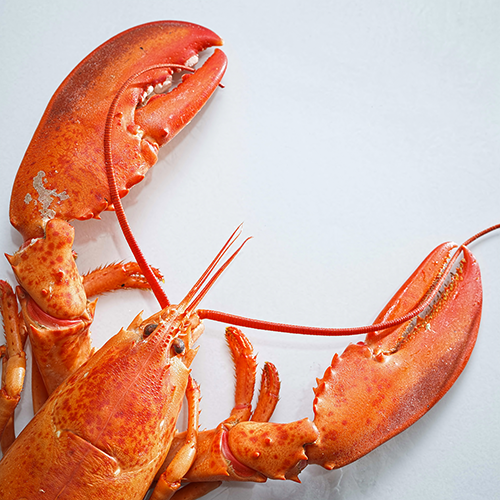
The influence of seafood intake on cholesterol
The influence of seafood intake on cholesterol
Despite being comprised of a set of marine animals, which can belong to the groups of molluscs (squids, octopuses, clams, mussels, cockles), crustaceans (shrimps, prawns, crabs, lobsters, etc.) Or echinoderms (sea urchins), seafood is better known for its varieties of shellfish. Not all seafood components are the same, as the content of vitamins and minerals can vary, as well as the amount and variety of their types of fat, which are so important to set our blood levels of cholesterol.
Learn more about the relation between seafood intake and cholesterol levels
How does the cholesterol metabolism work (which is one of the fats that is measured when we take blood tests)?
Approximately 80% is produced by our body, which is necessary for an array of cell and tissue functions (namely structural ones), including the production of hormones. Only about 20% of cholesterol is a consequence of our diet. We understand then that the “weight” given to the effects of food on cholesterol levels has been excessive, but this does not mean that some care is not necessary.
What influences cholesterol levels?
– the high intake of saturated fat (food of animal origin) and trans fat (ultra-processed food);
– the low intake of omega-3 fats (fatty fish, some oleaginous fruits, and some vegetables and seeds) and an inversed proportion between omega-3 and omega-6 fats (which is typical of the current western diet due to the processed food);
– the cholesterol intake.
Which species of seafood can contain higher levels of cholesterol?
Among all the seafood species, only the shrimps/prawns and the squids should be considered as having significant levels of cholesterol, and yet they are very far from the levels found in offal (such as the kidney or the liver) and in the eggs (more specifically in the yolk). In what concerns saturated and trans fat, seafood is not even in the top 100 of food products, which are high in those components.
Therefore, we can only reflect on the impact of the levels of dietary cholesterol from squids and shrimps/prawns on the levels of blood cholesterol and, more importantly, on the effect of those levels on cardiovascular health. Recent studies have shown that even the highest levels found in eggs and offal have no impact on health, provided that they are integrated in a diet with a good amount of fruits and vegetables (due to their fibre and antioxidant content), as well as cereals and derivatives, preferably whole grain cereals. Therefore, the levels found in seafood would certainly also have no significant impact. Do not forget about the role of the soluble fibre present in pulses, which helps regulate the absorption of dietary fats, and, also, the physical exercise, which is important to help metabolise all these nutrients.
Let me end with a word of caution: be careful, because a severe restriction of cholesterol intake may even lead the body to produce more to compensate what does not come from food, which gives you the same (or a worse) result in your blood tests and in your health.



